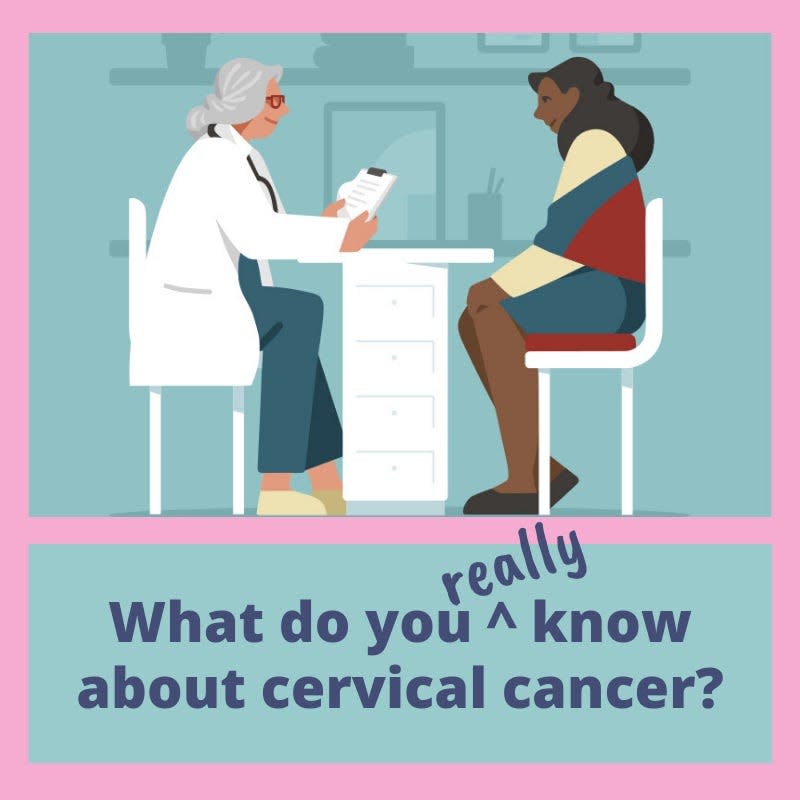Lee Health: Cervical cancer screening saves lives
January is Cervical Cancer Awareness Month—an opportunity to provide education and raise awareness of the importance of screening for early detection and even the potential prevention of this cancer. Screening tests check for cancerous cells and abnormal cells that could become cancerous, and the screenings are performed before someone exhibits any symptoms.

Cervical cancer screening is done through a pap test performed by your primary care doctor, obstetrician/gynecologist (OB/GYN) or other healthcare clinician. For women aged 21 to 29 years old, the recommendation is to get a pap test every three years. Another important screening test for cervical cancer is the HPV test, which looks for the human papillomavirus (HPV) that can cause abnormal cell changes. If a woman is 30 years old or older, she can consider pap testing every five years if it is combined with testing for HPV. After age 65, a pap test may no longer be needed if there have been no signs of cervical precancer in the past; there has been a normal screening test for several years or if the cervix has been removed as part of a total hysterectomy for non-cancerous conditions, like fibroids.
Screening can find precancers before they can turn into invasive cancer, and detecting any abnormal changes or precancers early means prompt treatment to reduce the likelihood of cancer developing and spreading.

Another preventative measure is the HPV vaccine, which is recommended for children between the ages of 9 and 12, and everyone through the age of 26 who has not yet been vaccinated. The Centers for Disease Control and Prevention (CDC) reports that among vaccinated women, the percentage of cervical precancers caused by the HPV types most often linked to cervical cancer has dropped by 40 percent since 2006 when the HPV vaccines were first used in the United States. It is important to talk to your doctor or healthcare provider and your child’s pediatrician about this vaccine.
Screening enables early detection if cancer is present. “Screening saves lives because cervical cancer is almost always curable when caught in the early stages,” explains Venkata Parsa, M.D., a hematologist-oncologist with Lee Health’s Cancer Institute. “Treatment depends on the kind of cervical cancer and whether or how far it has spread, but it can be treated with surgery or chemotherapy and radiation—those are the main options for treatment. Recently, immunotherapy has been shown to improve survival, as well.”
As with any screening, diagnosis and treatment plan, it is important to discuss with your doctor or healthcare provider to ensure the right timing and cadence for screenings and the most appropriate treatment.
Larry Antonucci, M.D., MBA is the president & CEO of Lee Health, Southwest Florida’s major destination for health care offering acute care, emergency care, rehabilitation and diagnostic services, health and wellness education, and community outreach and advocacy programs. Visit LeeHealth.org to learn more.
This article originally appeared on Naples Daily News: Lee Health: Cervical cancer screening saves lives

